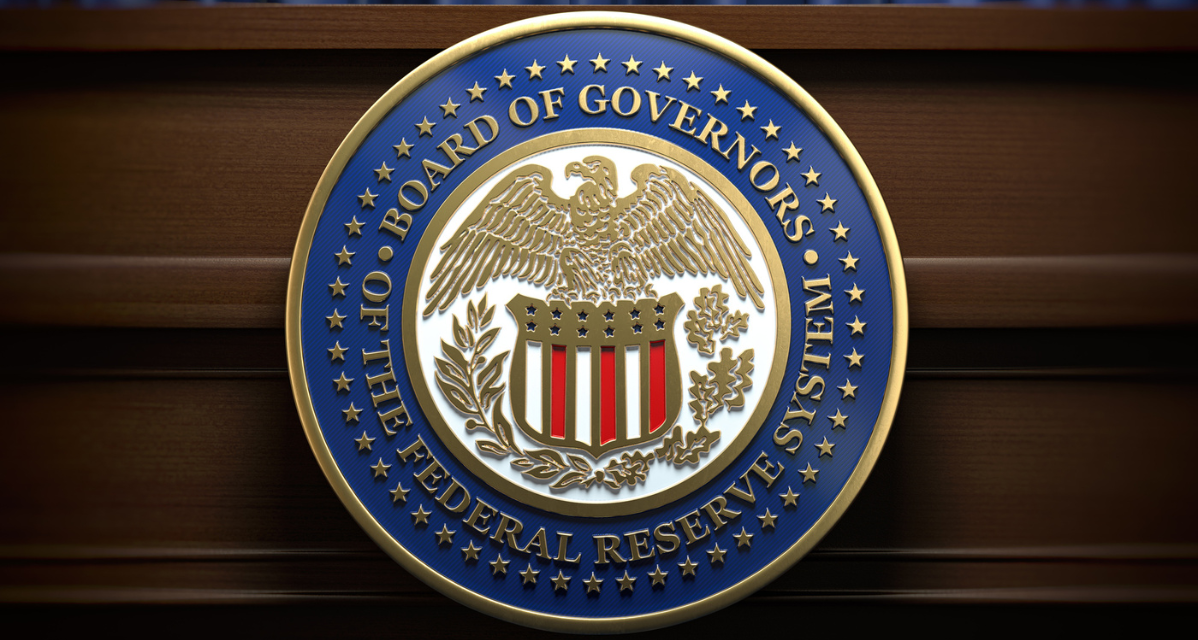Federal Reserve Didn’t Pivot

SPECIAL NOTE: We are taking a break from the weekly newsletter. We will be on vacation and will resume our newsletter on November 27th.
At the close of business last Friday, global equities were lower on the week as the US Federal Reserve threw cold water on the notion that it is contemplating a dovish pivot that could prematurely loosen financial conditions. The yield on the US 10-year Treasury note rose 20 basis points to 4.17% while the price of a barrel of West Texas Intermediate crude oil climbed to $92 from $88.15 a week ago. Volatility, as measured by the Cboe Volatility Index (VIX), fell to 24.75 from 27 last week.
MACRO NEWS
A week ago, markets sensed central banks were shifting into a lower gear after front-loading several aggressive rate hikes throughout the year. And with one notable exception, that’s proven true. However, the exception is a big one—the US Federal Reserve. While the Reserve Bank of Australia, the Bank of Canada, and the Bank of England have tightened in smaller increments (or in the case of the BOE, it indicates it probably will) the Fed warned that while rates might rise in smaller chunks after the next meeting or two, the terminal rate will probably be higher than what was assumed in September, when the Fed last published forecasts. Chair Jerome Powell also stressed in his Wednesday press conference that it is “very premature” to talk about a pause in the hiking cycle. Powell emphasised that the risk of not tightening enough (and letting inflation become entrenched) far outweighs the risk of tightening too much. We think the Federal Reserve will probably pivot at their December meeting. We think they are waiting for reductions in the rate of inflation. October and November saw large spikes in the rate of inflation in 2021. These numbers will fall off on a rolling twelve months, which should give the Fed enough data to confirm that they have done enough.
Interest rate hikes are slowing global growth. The J.P. Morgan Global Purchasing Managers’ Index slipped to 49.4 in October from 49.8 in September, the lowest level since the early days of the pandemic. 21 of the 31 countries covered reported falling production.
The countries that have already slowed the pace of rate hikes share one thing in common—economies that are highly exposed to the housing market, primarily through variable-rate mortgages. The economy in the United States, with its heavy adoption of fixed-rate mortgages, is less sensitive to a rise in mortgage rates. Though the housing sector is facing difficult times, the spillovers to the broad economy are less pronounced in the US.
CANADIAN ECONOMIC NEWS
The Canadian labour data released Friday showed an unexpectedly large jump in new jobs, with over 108,000 people added to the country’s payrolls. Economists had expected a rise of 10,000.
Our Federal government is set to propose a 2% tax on corporate stock buybacks. If passed into law, the levy will come into force on 1 January 2024.
US ECONOMIC NEWS
An unexpected jump in US job openings from 10.3 million to 10.7 million indicates that the US labour market remains tight.
With about 85% of the constituents of the S&P 500 Index having reported for Q3 2022, blended earnings per share show that earnings growth is running at 2.2% while sales rose about 10.5% compared with the same quarter a year ago. Stripping out the contribution to earnings growth from the energy sector, EPS declined by about 5%.
EUROPEAN ECONOMIC NEWS
Just days after signalling that it would like to slow the pace of rate hikes, the European Central Bank was forced to confront a continued surge in euro zone inflation. Preliminary October consumer price data, released on Monday, showed inflation jumping a record 10.7% from the year prior, while core prices rose 5%, also a record. Markets have pushed expectations for the ECB terminal rate up to near 3% from the 1.5% level where they stand today. The odds of another 0.75% rate hike in December are now about 50/50. On Thursday, ECB President Christine Lagarde said the ECB still has a way to go in raising interest rates to counter inflation.
JAPAN, CHINA and EMERGING MARKETS ECONOMIC NEWS
Health authorities in China pushed back hard on Thursday against rumours that the government is contemplating easing the COVID-zero policy. COVID infections in China have risen to their highest in six months, prompting tighter restrictions.

